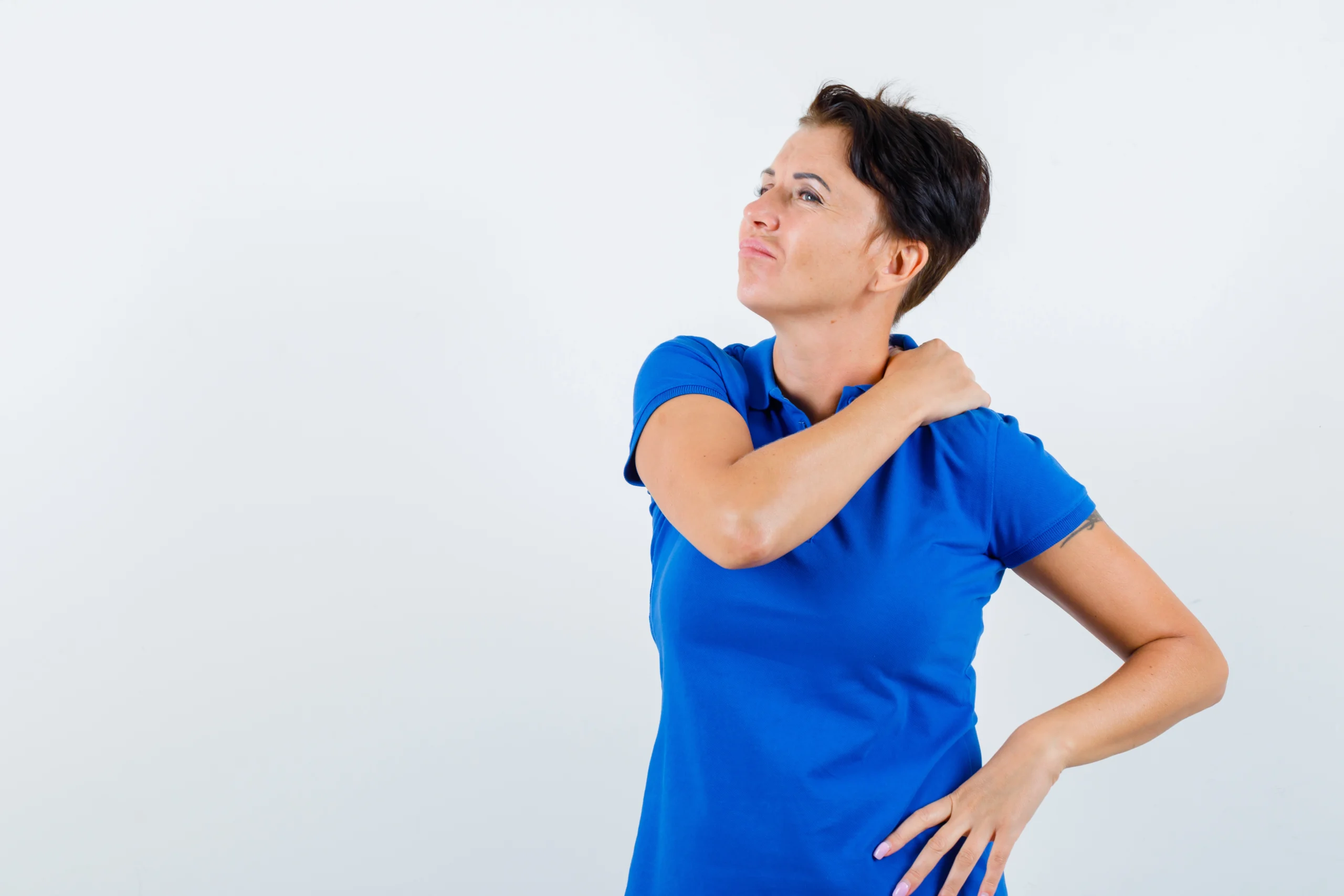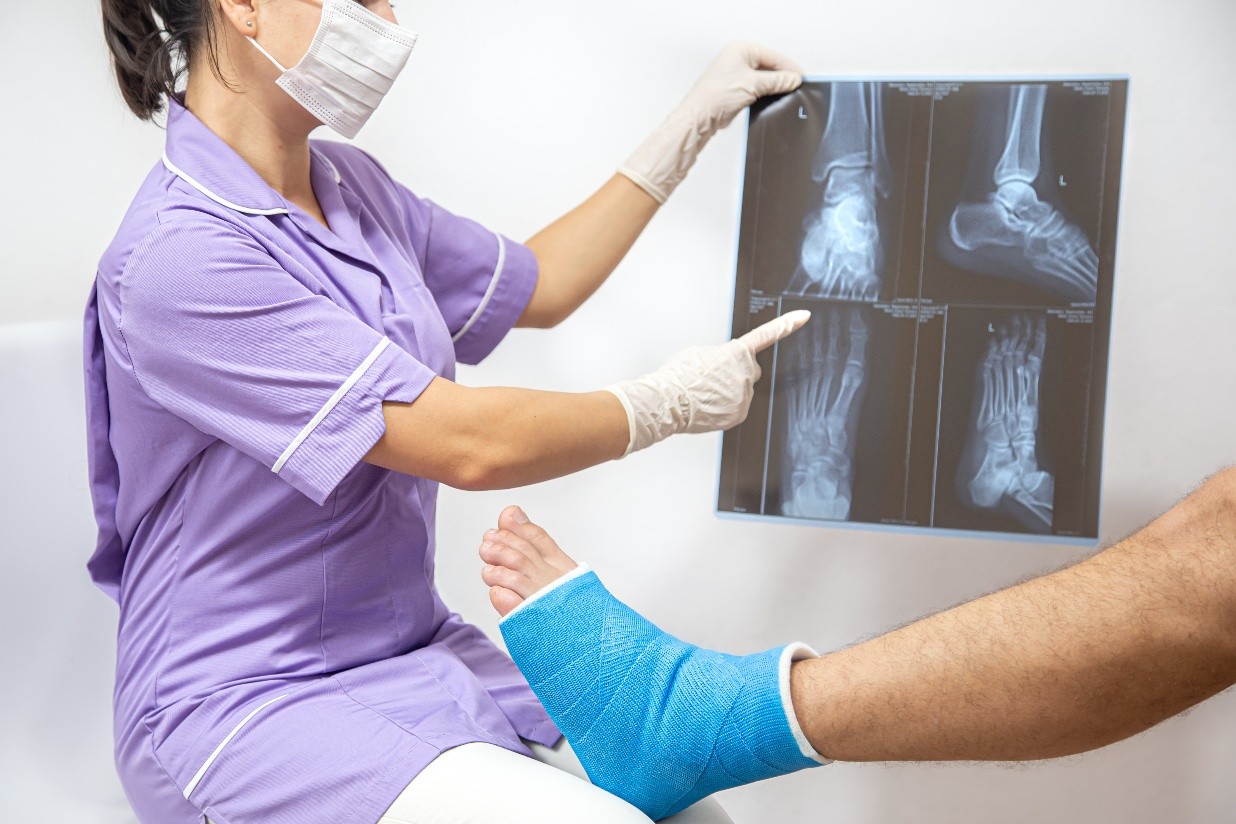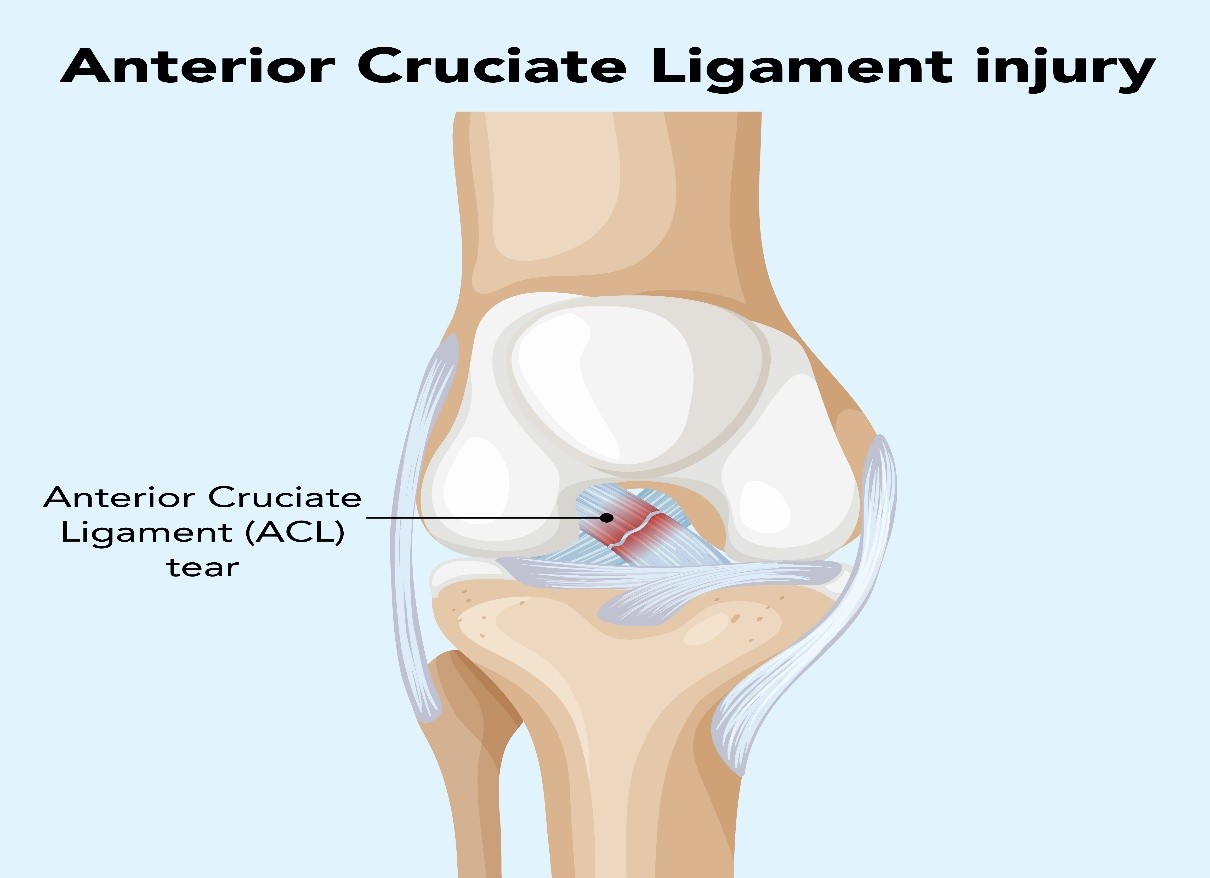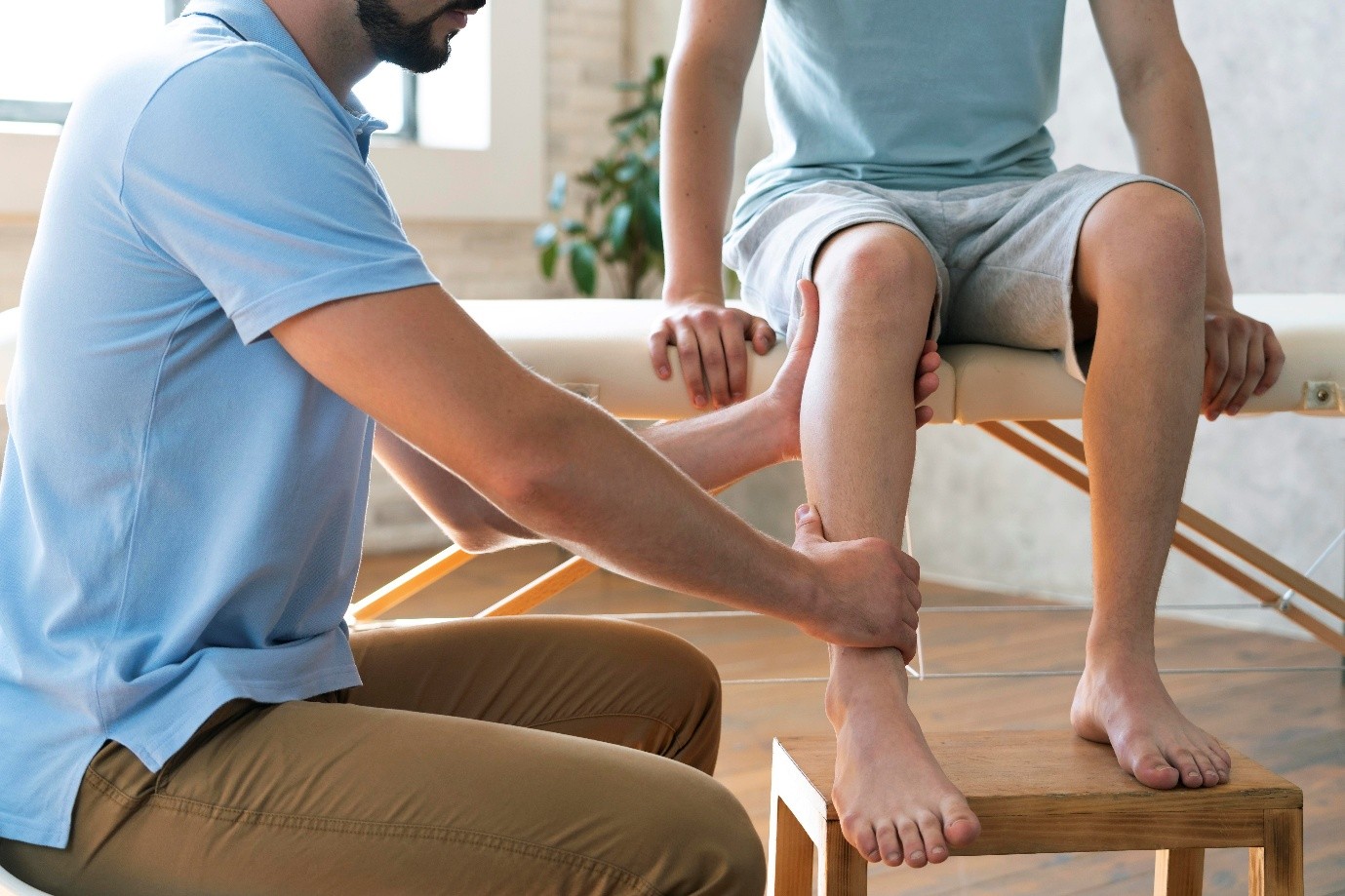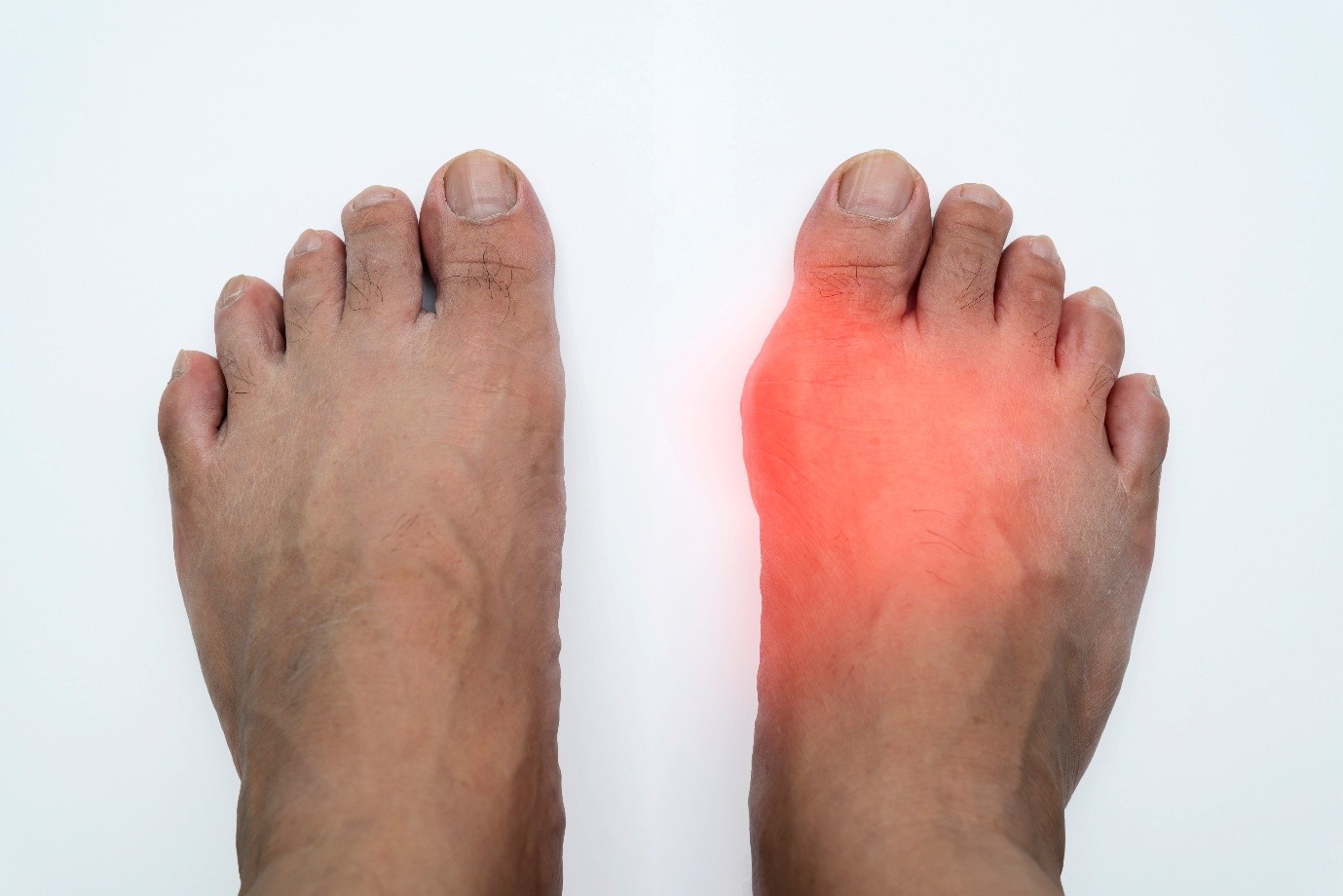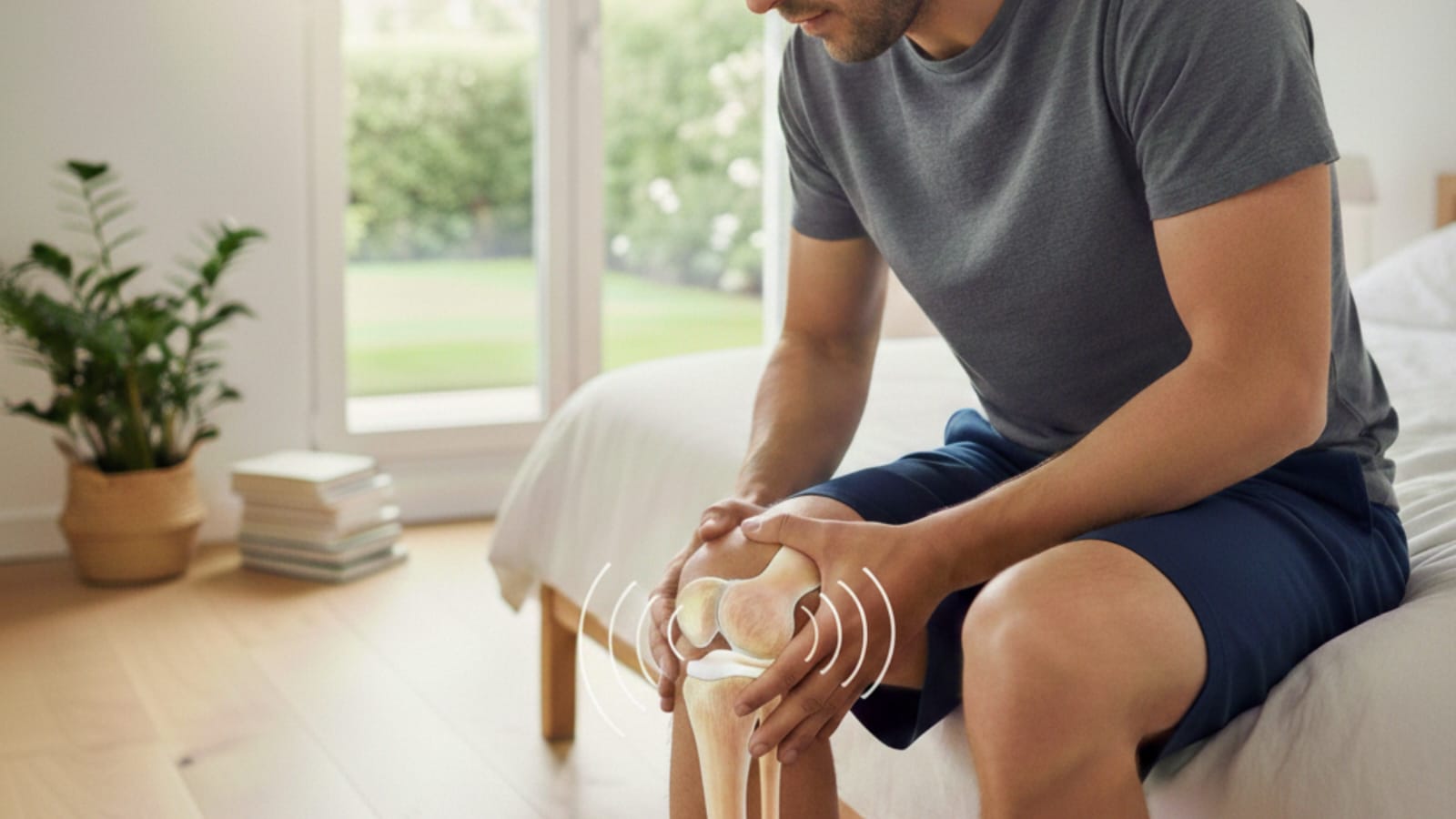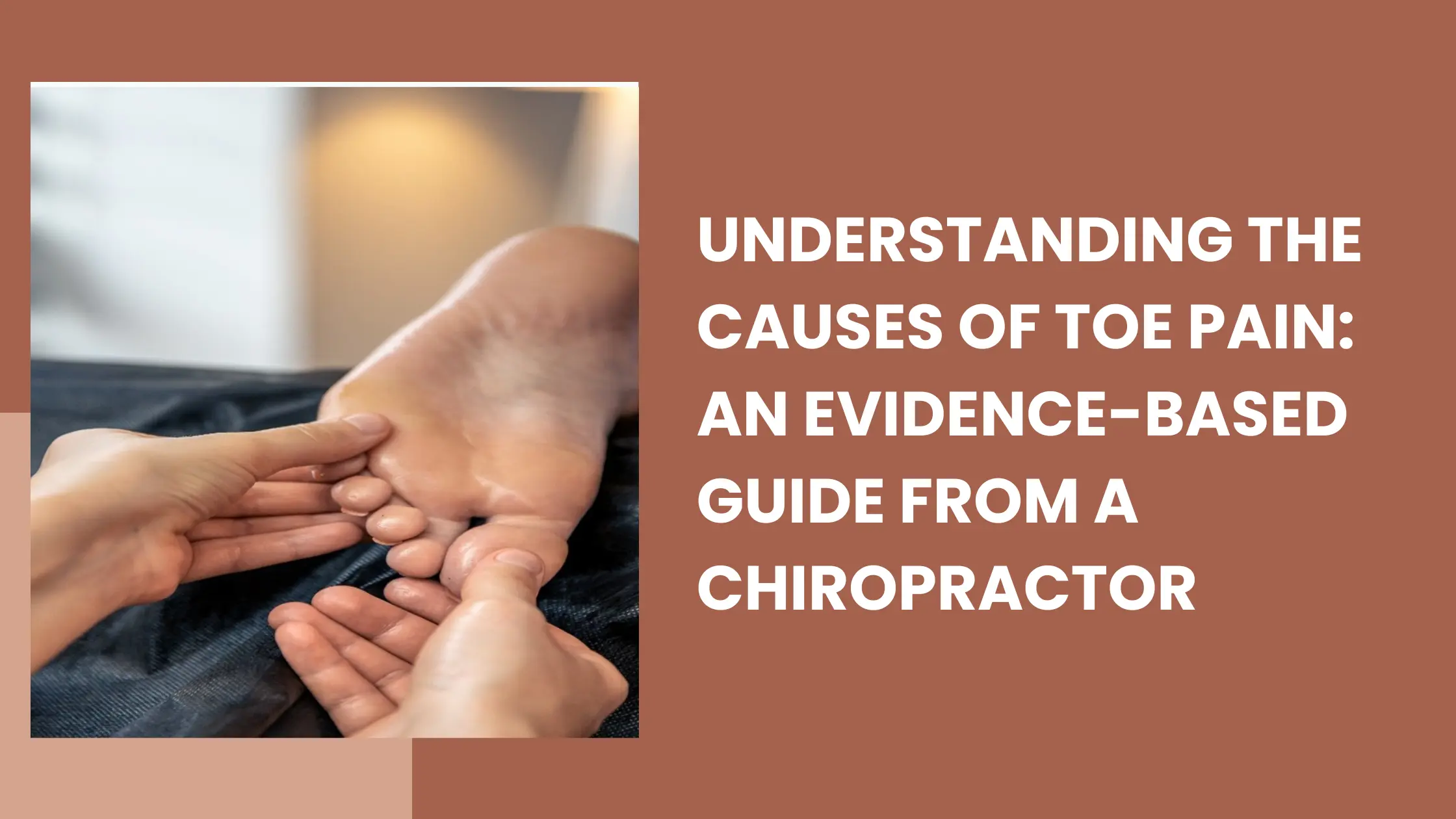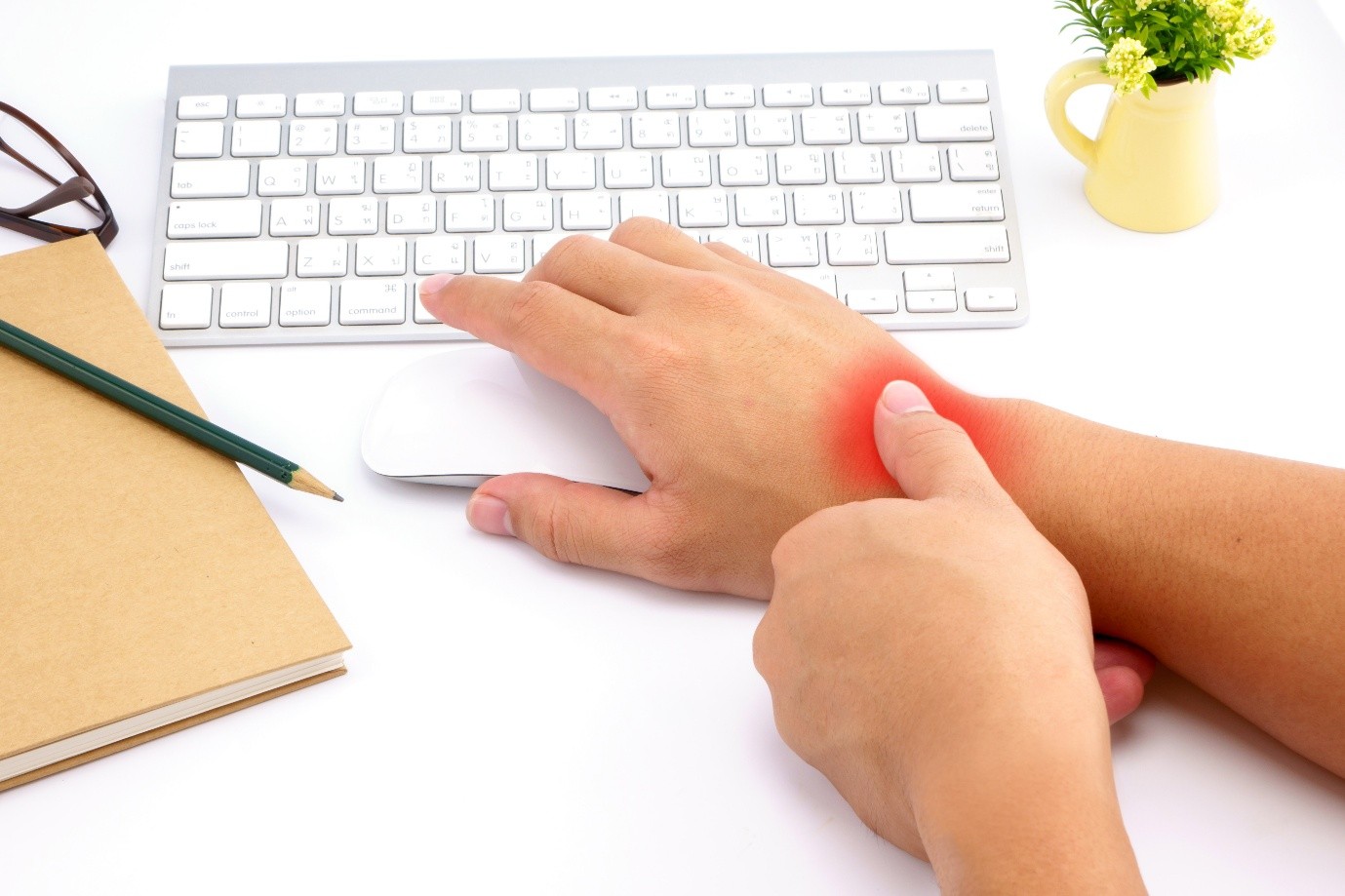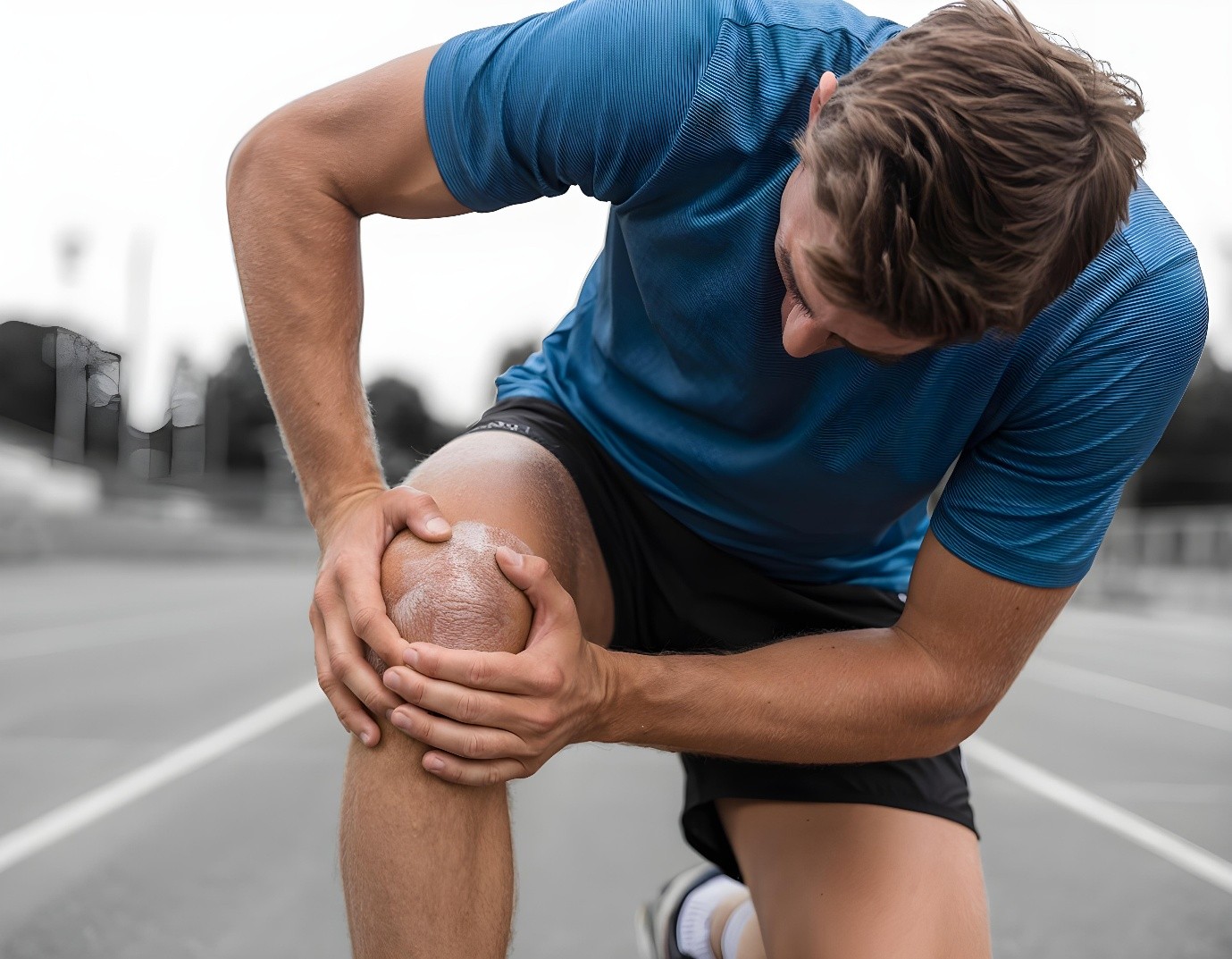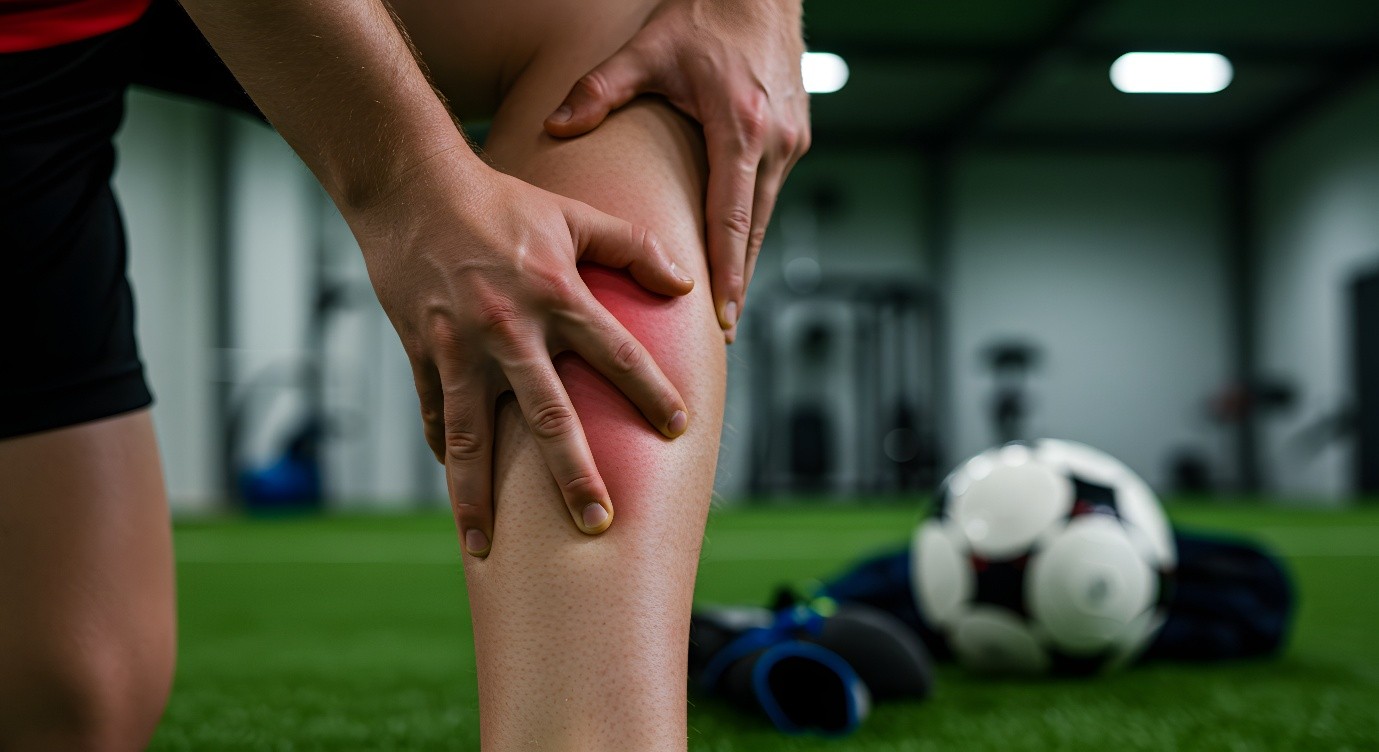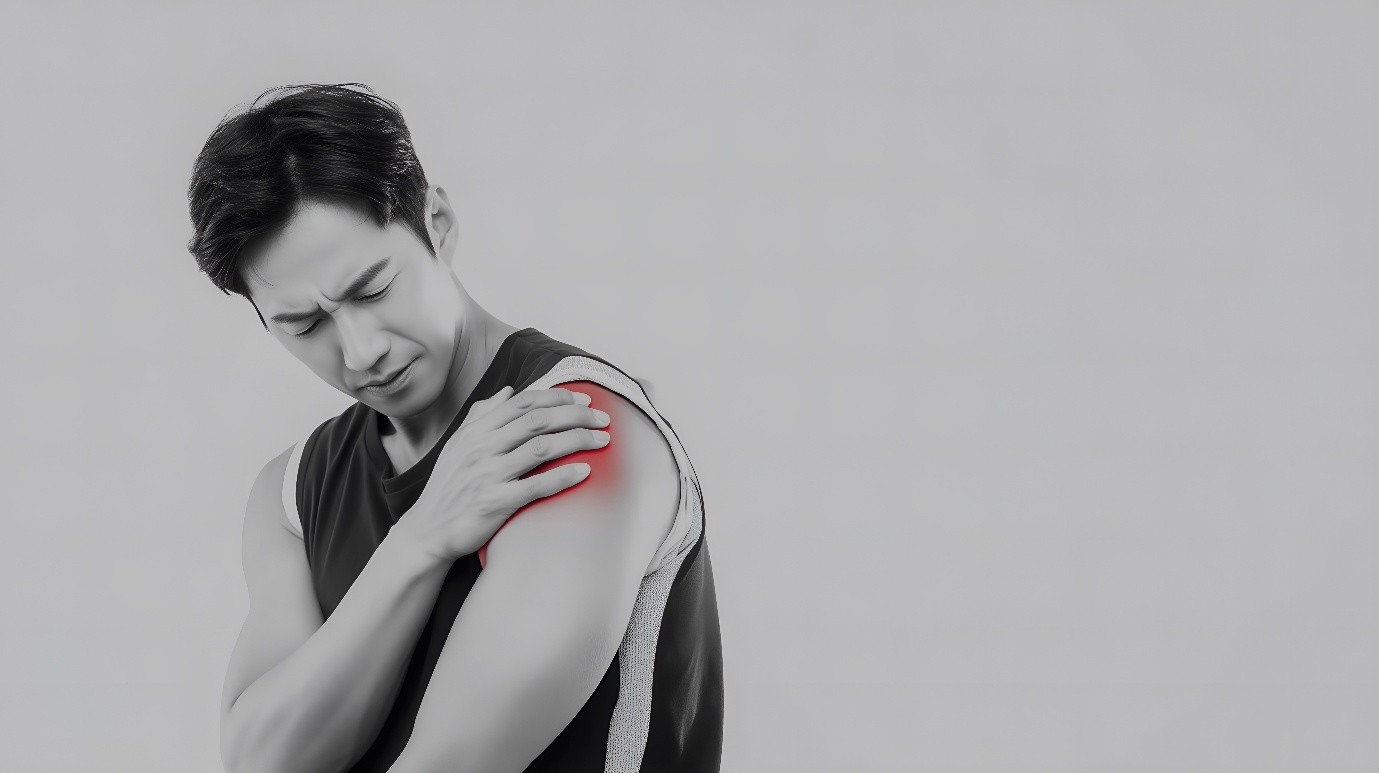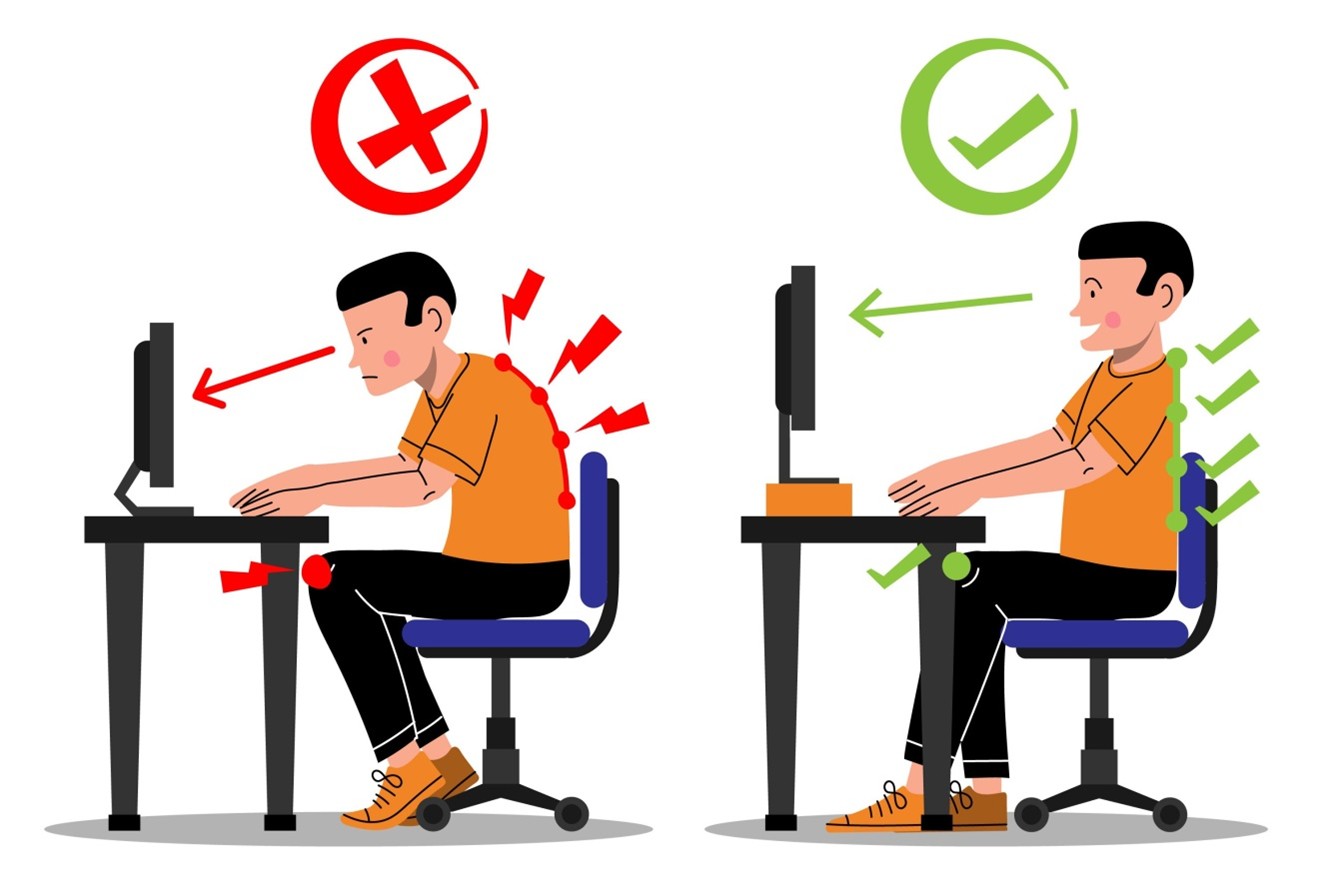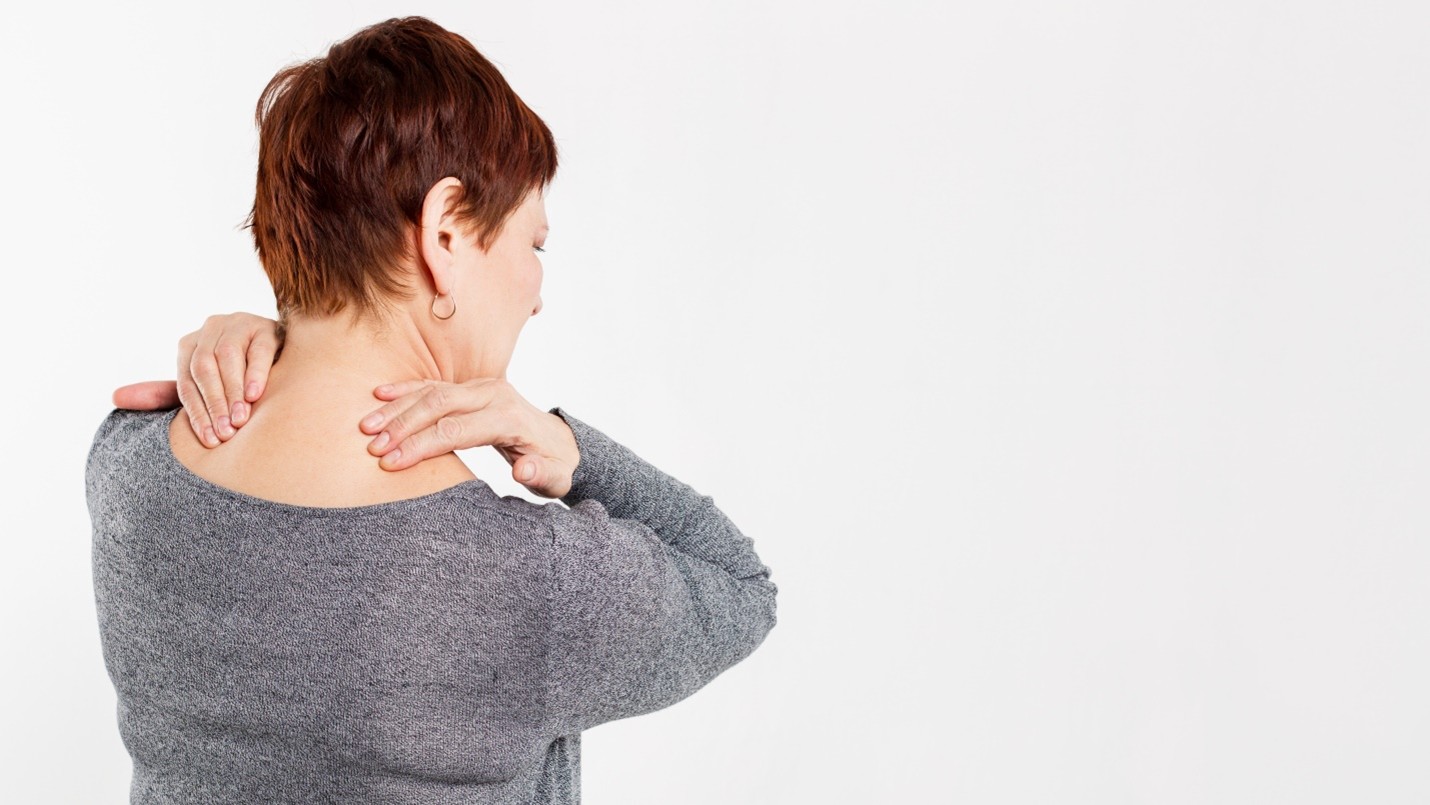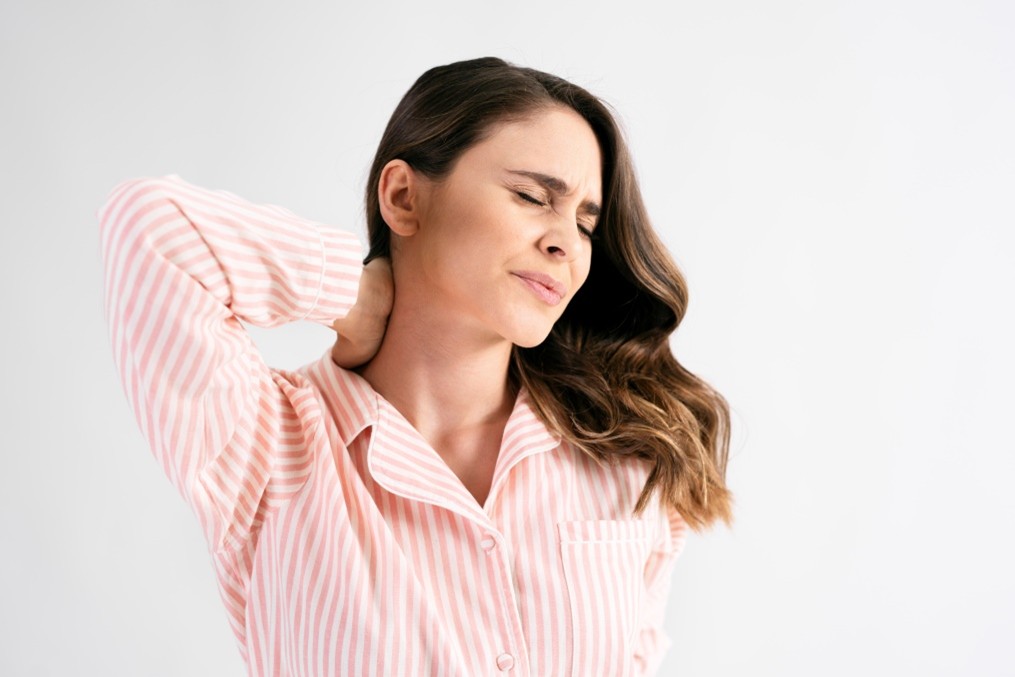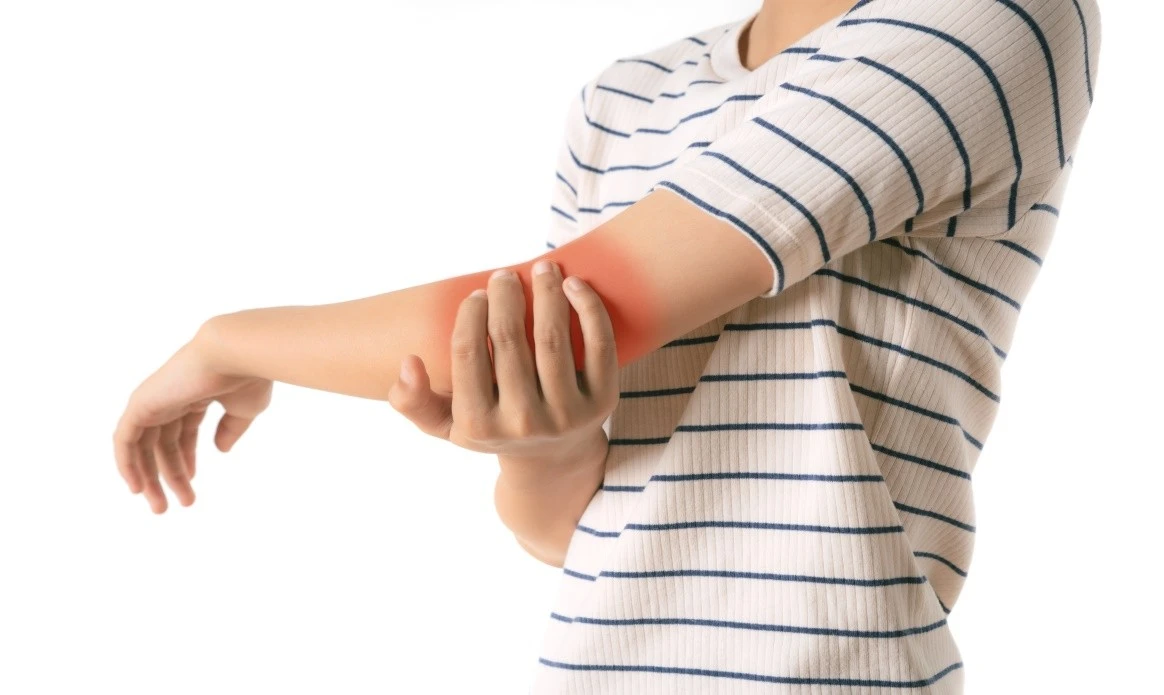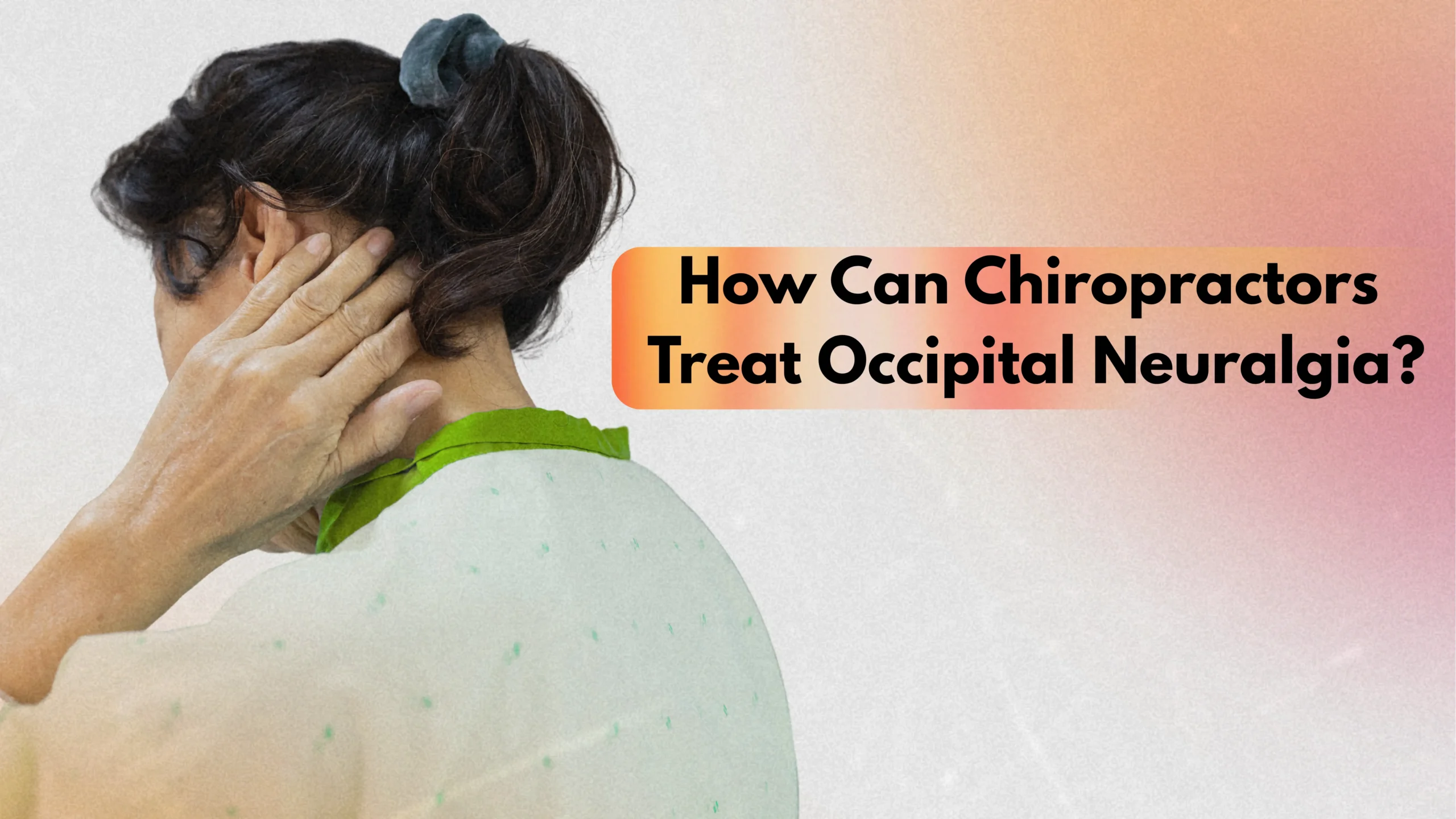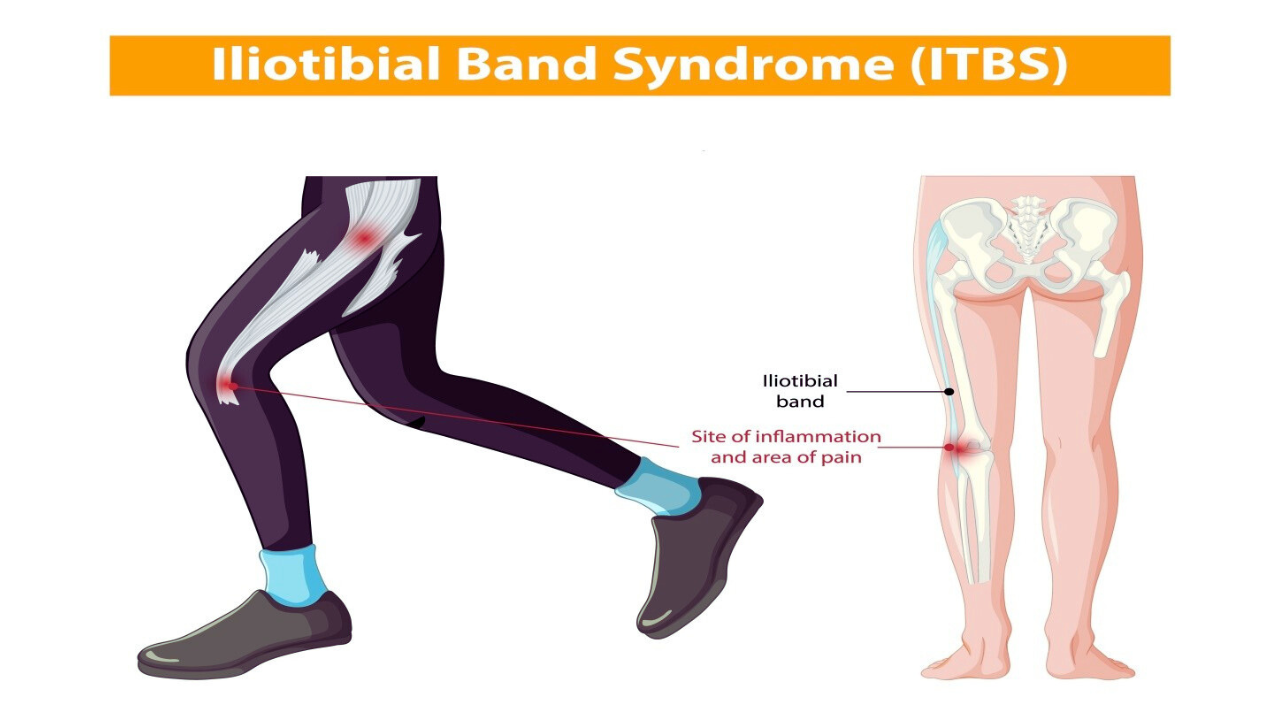Rotator cuff injuries are one of the most common causes of shoulder pain, often seen among active individuals and older adults. This blog explains what rotator cuff tendinopathy is, its symptoms, causes, and how chiropractic care can play a key role in its treatment and recovery. Whether you are dealing with ongoing shoulder pain or a recent injury, understanding this condition can help you take the right steps toward healing.
What is Rotator Cuff Tendinopathy?
The rotator cuff is made up of small muscles and their tendons that help keep your shoulder stable and allow you to move your arm in different directions. Rotator cuff tendinopathy occurs when these tendons become irritable, especially where they connect to the top of your upper arm bone. This condition can be acute, called tendinitis, or more chronic, like long-term wear and tear, called tendinosis. In some cases, the tendon may even partially or fully tear.
Rotator cuff tendinopathy often develops from doing the same shoulder movements repeatedly, having poor posture, or using your arms a lot in overhead positions. After some time, the tendons can get weaker, less flexible, and more likely to get injured.
Common Symptoms of Rotator Cuff Tendinopathy
Symptoms may develop gradually or suddenly, depending on the severity of the injury. The most common signs include:
- Individuals may experience persistent shoulder pain, especially when lifting the arm overhead.
- Weakness in the shoulder is often experienced, particularly during rotation or lifting.
- Stiffness and limited range of motion
- Many individuals complain about pain at night, especially when lying on the affected shoulder.
- Clicking or popping when moving the arm.
If a tear has occurred, symptoms may be more intense, people may experience weakness in certain arm movements, and daily activities such as dressing can become difficult.
What are the Causes of Rotator Cuff Tendinopathy?
Several factors contribute to rotator cuff tendinopathy, including:
- Repetitive movements: Frequent overhead motions in sports (e.g., tennis, swimming) or occupations can contribute to this condition.
- Poor posture: Forward head posture, rounded shoulders, or spinal imbalances may place excess pressure on the shoulder.
- Aging: Tendons naturally lose elasticity with age, increasing the risk of degeneration or tearing.
- Trauma: A fall, lifting heavy objects, or sudden jerking motions may result in acute injury or a tear.
At Agape Chiropractic Hong Kong, we assess the entire body to identify such biomechanical imbalances contributing to shoulder dysfunction.
How Can a Chiropractor Help with Rotator Cuff Tendinopathy?
Chiropractic care focuses on restoring joint alignment, improving muscle function, and promoting the body’s natural healing processes. For rotator cuff tendinopathy or tears, a chiropractor can:
- Assess posture and biomechanics: Our Chiropractor Central Hong Kong doctors evaluate how spinal and shoulder mechanics contribute to the condition.
- Gentle adjustments: Chiropractic adjustments help restore alignment in the spine and shoulder joints, reducing compensatory movements and improving function.
- Soft tissue techniques: Myofascial release, trigger point therapy, or soft tissue mobilization can relieve muscle tension and enhance circulation around the injured tendon.
- Prescribe corrective exercises: Targeted exercises to strengthen the rotator cuff, scapular stabilizers, and postural muscles are essential for long-term recovery.
- Lifestyle advice: Chiropractors educate patients on ergonomics, sleeping positions, and activity modifications to prevent further injury and support recovery.
Conclusion
Rotator cuff tendinopathy can significantly impact your ability to perform everyday tasks and enjoy an active lifestyle. Understanding the symptoms, causes, and treatment options is the first step toward recovery. If you are experiencing shoulder pain or have been diagnosed with a rotator cuff injury, don’t wait for it to worsen. At Agape Chiropractic Hong Kong, we treat a wide range of conditions, from shoulder injuries to spinal conditions, as well as pelvic pain syndromes or postural disorders such as anterior pelvic tilt, with personalized care.
Other Useful links:
